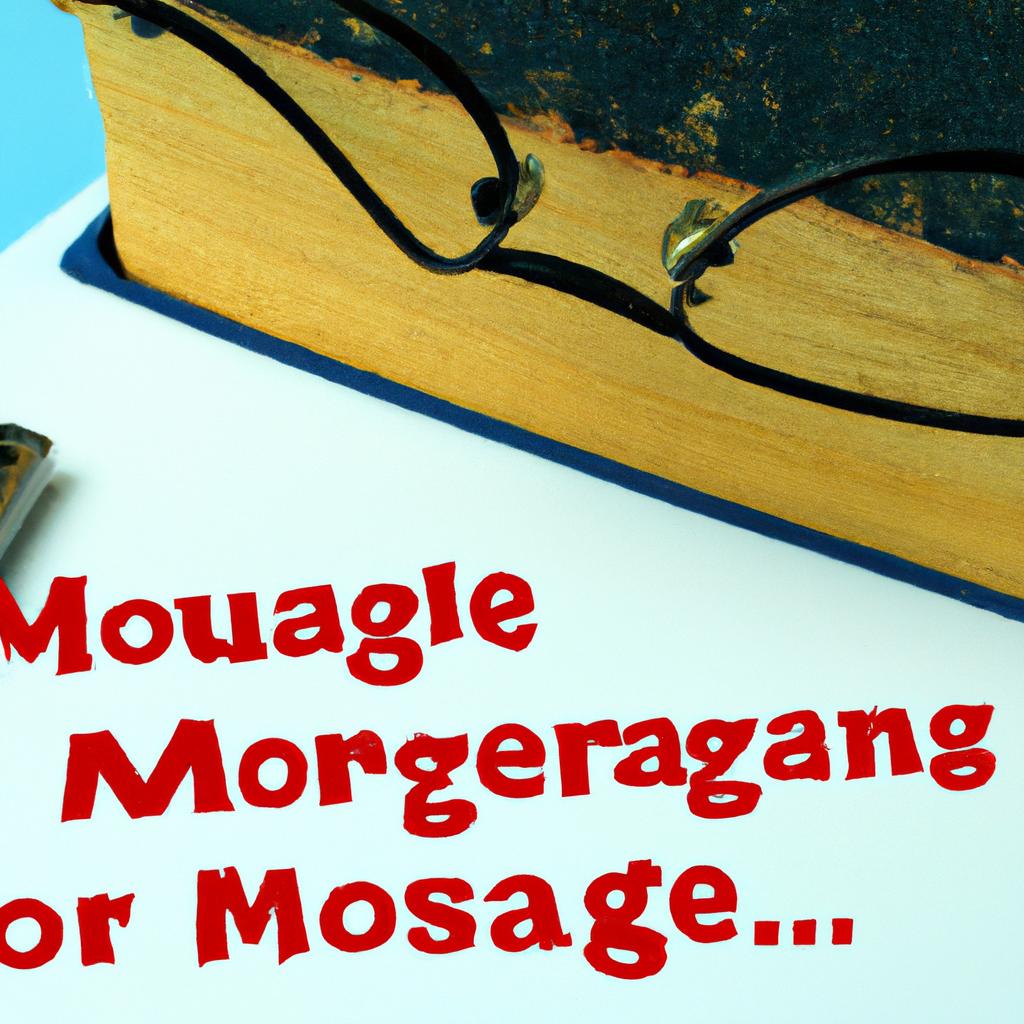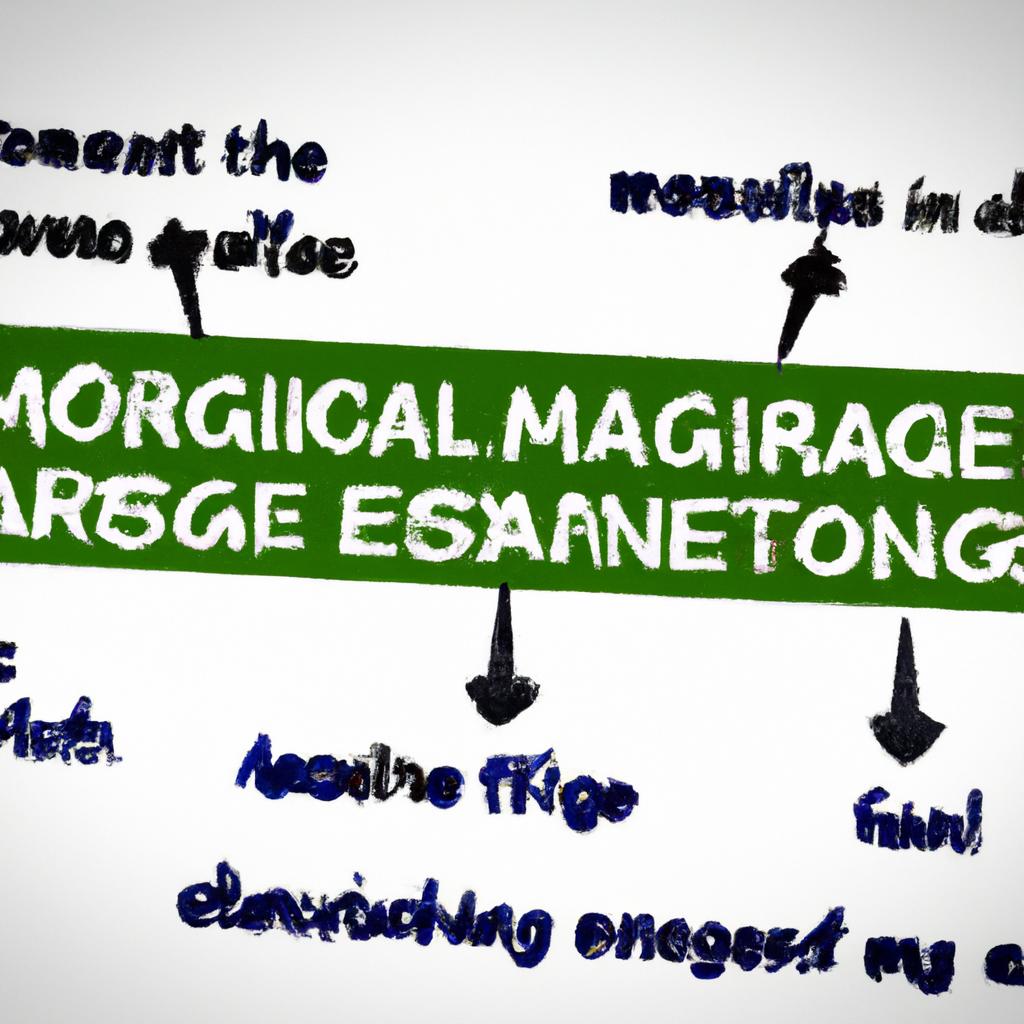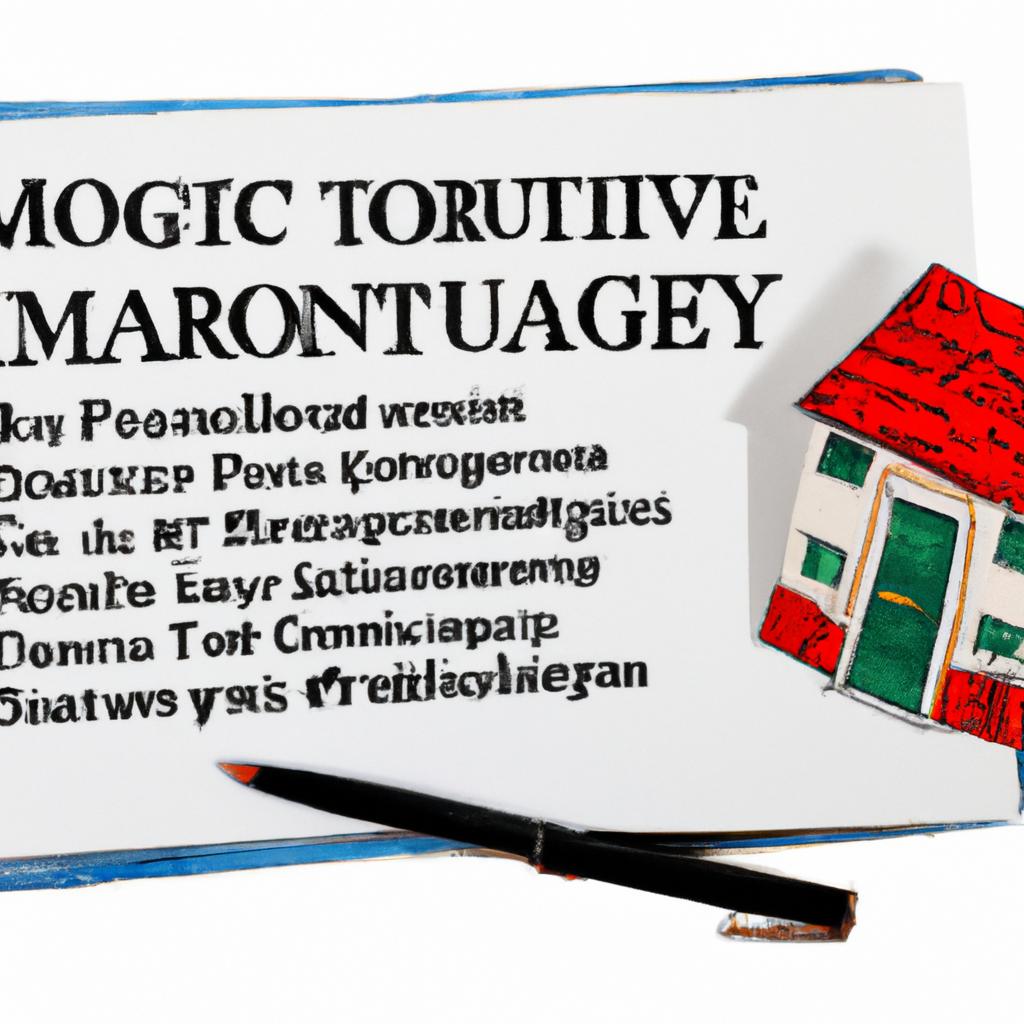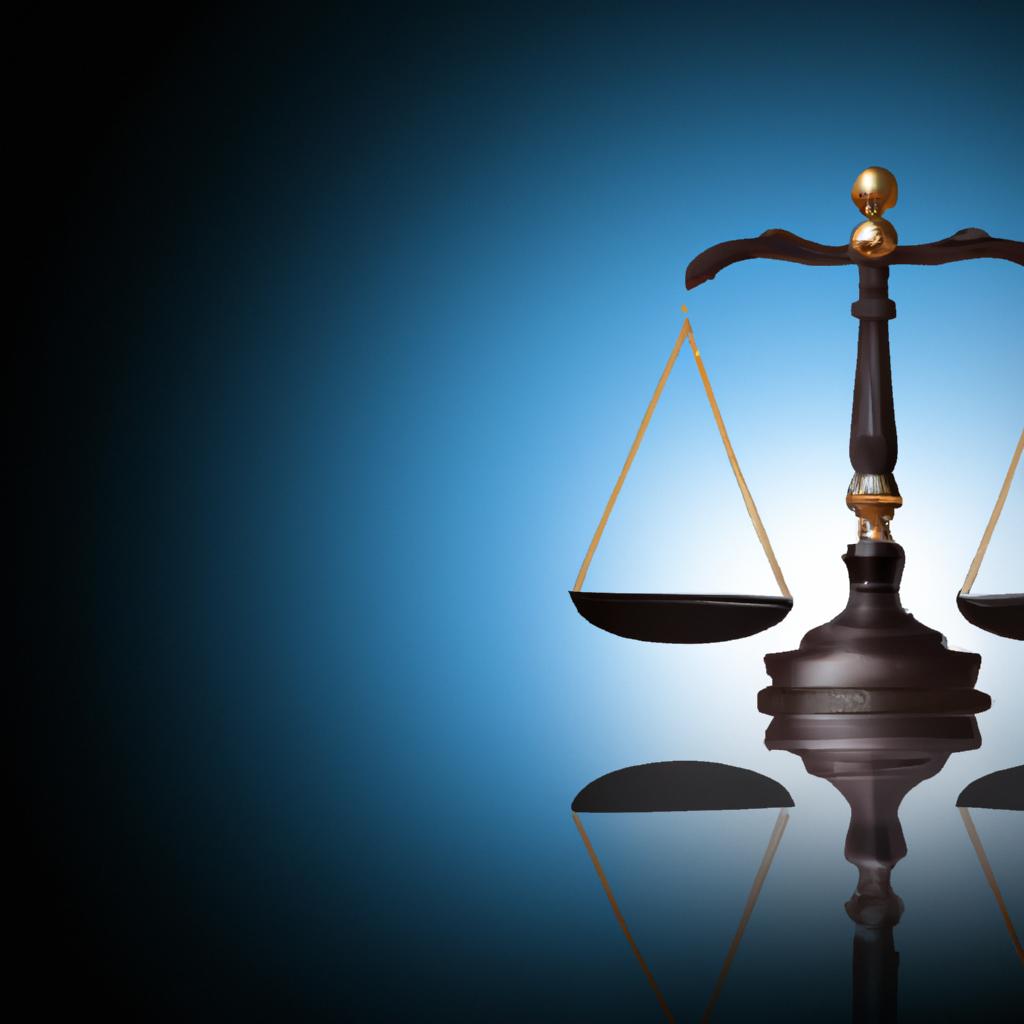As esteemed practitioners in the field of real estate law, we often encounter complex situations where individuals find themselves on the deed of a property but not the mortgage. This seemingly straightforward scenario can give rise to a multitude of legal implications and questions that warrant careful consideration. In this article, we will explore the intricacies of this common conundrum and provide insights on how to navigate the intersection of property ownership and financial obligations with precision and clarity. Join us as we delve into the nuances of this issue and shed light on the rights and responsibilities of individuals who find themselves in this unique position.
Understanding the Legal Implications of Being on the Deed but Not the Mortgage
Being on the deed but not the mortgage of a property can have significant legal implications that must be carefully considered. This unique situation arises when a person is listed as a co-owner of a property on the deed, but is not responsible for the mortgage payments. Here are some important factors to keep in mind:
1. **Ownership Rights**: As a co-owner listed on the deed, you have legal rights to the property. This means you have a stake in the property and may be entitled to a share of any proceeds from a sale. However, it’s important to note that not being on the mortgage does not absolve you from any financial obligations related to the property.

Exploring the Rights and Responsibilities of Property Ownership Without Mortgage Liability
If you find yourself in a situation where you are on the deed but not the mortgage of a property, it is important to understand your rights and responsibilities as a property owner. While not being liable for the mortgage may seem like a benefit, there are still important considerations to keep in mind.
As a property owner without mortgage liability, you have the right to occupy and use the property, as well as the right to sell or transfer your ownership interest. However, it is important to note that you are still responsible for property taxes, homeowners association fees, and any maintenance or repairs needed on the property. It is also crucial to communicate with the mortgage holder to ensure that the mortgage is being paid in a timely manner to avoid any potential consequences.

Navigating Potential Risks and Benefits of Not Being Listed on the Mortgage
When you find yourself on the deed but not listed on the mortgage, it’s essential to understand the risks and benefits associated with this arrangement. While there may be advantages to not being on the mortgage, such as not being financially responsible for the loan payments, there are also potential drawbacks to consider.
One risk of not being listed on the mortgage is that you may not have a legal right to the property if the owner defaults on the loan. Additionally, if there are any disputes or changes in ownership, not being on the mortgage could lead to complications in asserting your ownership rights. It’s crucial to carefully navigate these potential risks and benefits to protect your interests and ensure clarity in property ownership.

Key Recommendations for Protecting Your Interests in Property Ownership But Not Mortgage Liability
When it comes to property ownership without being liable for the mortgage, there are several key recommendations to protect your interests. Firstly, ensure that your name is on the deed to the property. This establishes your ownership rights and ensures that you have a legal claim to the property.
Secondly, it is important to have a clear agreement in place with the mortgage holder outlining your responsibilities and liabilities. This agreement should clearly state that you are not responsible for the mortgage payments and that any default on the loan is the responsibility of the other party. By taking these steps, you can protect your interests in property ownership while avoiding mortgage liability.
Q&A
Q: What does it mean to be on the deed but not the mortgage?
A: Being on the deed means you have legal ownership rights to the property, while being on the mortgage means you are financially responsible for repaying the loan used to purchase the property.
Q: Can someone be on the deed without being on the mortgage?
A: Yes, it is possible for someone to be on the deed without being on the mortgage. This often occurs in situations where one party contributes to the down payment or has ownership rights, but does not qualify for the mortgage.
Q: What are the implications of being on the deed but not the mortgage?
A: While being on the deed gives you legal ownership rights to the property, you are not financially responsible for the mortgage payments. This can lead to complications if the mortgage goes into default or if the property needs to be sold.
Q: How can someone protect their ownership rights if they are on the deed but not the mortgage?
A: It is important to have a clear agreement in place with the other party, outlining each person’s rights and responsibilities. This can help prevent misunderstandings and protect your ownership rights in the event of a disagreement.
Q: What should someone do if they find themselves in a situation where they are on the deed but not the mortgage?
A: It is recommended to seek legal advice to fully understand your rights and options. You may need to negotiate with the other party to ensure that your ownership rights are protected and that you are not held liable for the mortgage.
The Conclusion
In conclusion, navigating the complexities of homeownership can be challenging, especially when dealing with the intricacies of being on the deed but not the mortgage. It’s important to communicate openly and seek legal advice to ensure all parties are protected and responsibilities are clear. Remember, while the deed may offer a sense of ownership, the mortgage carries the financial obligations. By understanding the implications of this arrangement, you can make informed decisions and confidently move forward in your homeownership journey.

